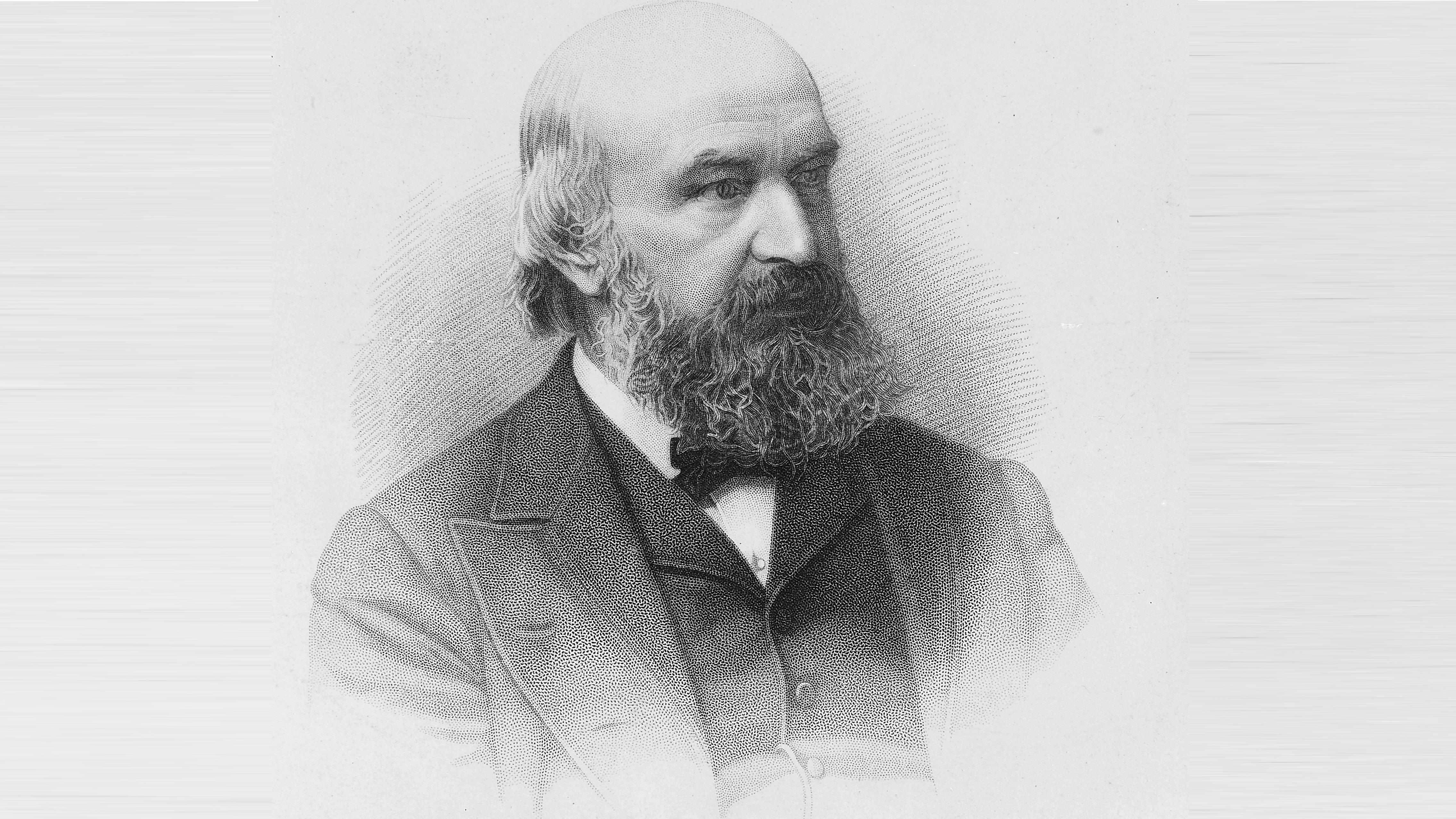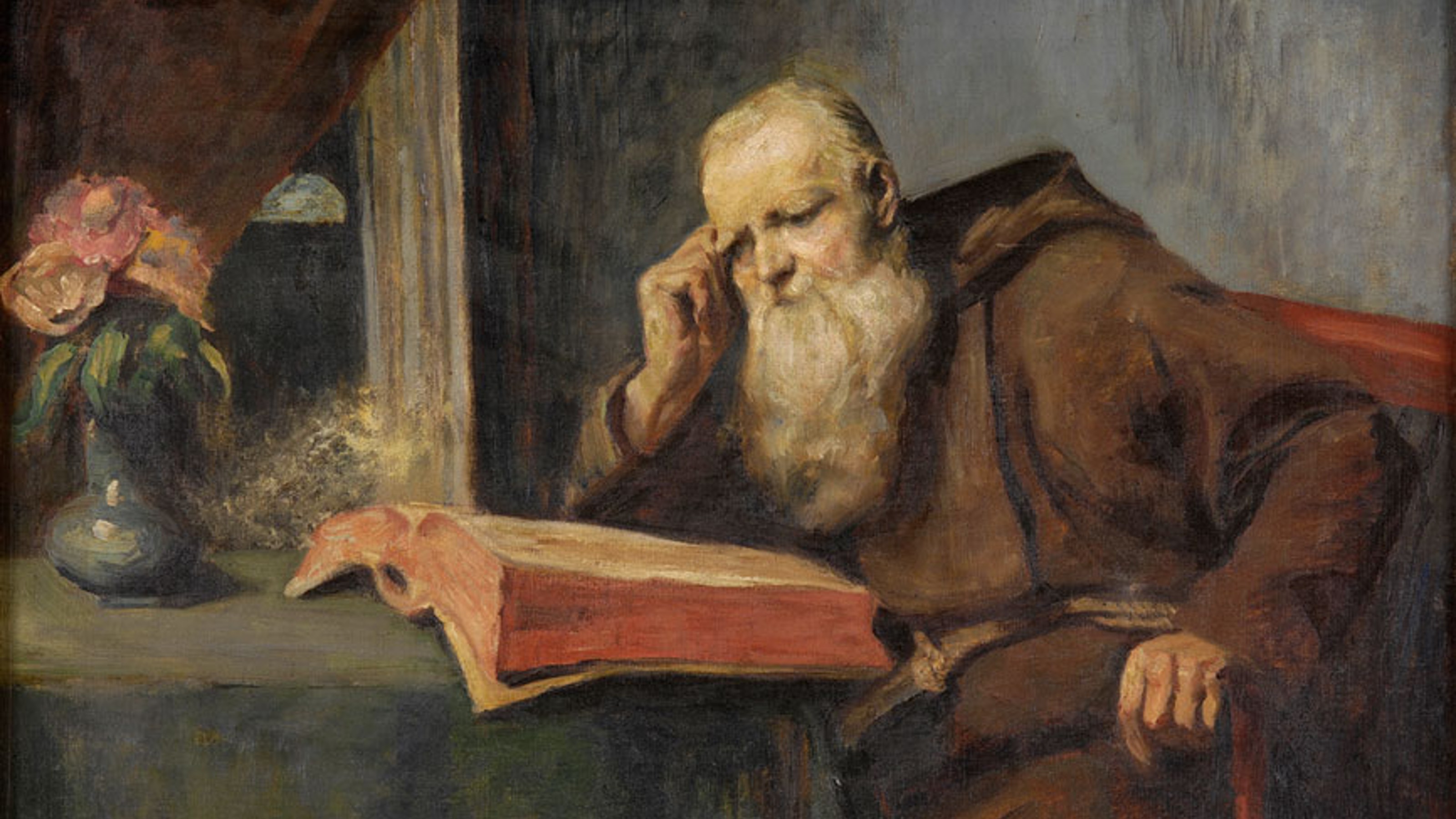Historian Niall Ferguson on worshiping Charles Darwin, Adam Smith and Issac Newton.
Question: Do you have a personal philosophy?
Niall Ferguson: Well I have a personal philosophy, but I’m always trying to modify it. I think part of the interesting thing about being a historian is that you want to be proved wrong. I mean I want to see some exception to a rule that I thought I believed--because that’s the revelatory moment.
I have no vested interest in being consistent. And if I think exactly the same 20 years from now as I think now, the intervening 20 years will have been a disappointment to me. If I felt that my objective was to just verify my philosophy, I would give up tomorrow. It’s actually to falsify it. So let’s start with what the philosophy is.
I was brought up and remain an atheist. But to be brought up an atheist is very different from lapsing from religious faith. I’ve never had any religious faith. I have however a profound belief that, as a basis for ethical conduct, the Ten Commandments are pretty good, and that actually the monotheisms, and particularly Christianity, offer a really quite good guide as to how to live well.
By “well” I mean to live morally. It’s very hard for an atheist to invent, from first principals, a good ethical basis for behavior, because actually in the natural state, human beings don’t behave well. They’re quite strongly tempted to behave badly. And we’re involved in ways that actually encourage bad behavior. We’re designed to kill strangers. We’re designed, in fact, to steal. And so it’s very important that there should be an ethical framework within which we live.
And my dilemma is that I don’t really believe in any divine policeman or any afterlife payoffs. But I do believe that we should live well. We should obey some moral code that we’re not likely to invent for ourselves.
Beyond that, there are a number of other important things that I believe in. I believe in the truth of Darwinian evolution. I’m strongly attracted and believe in Adam Smith’s vision of the free market as a superior motive of economic organization. I’m strongly persuaded by chaos theory, about the nature of the natural world and the non linearity’s that are out there to spoil the Newtonian party. But I still subscribe to Newton’s laws of motion. I believe in all of these things, and they’re my working assumptions, because, as I said, I’m the son of scientists but not a scientist myself.
I can’t challenge much of that. I guess I take it on trust. But it does seem to me to hang together reasonably well. And for a historian, it provides enough of a framework to understand the natural world, to enable me to focus on what I’m interested in, which is the way that humans behave within that natural world under the constraints that it imposes on them. Those are the things that I believe in.
What I don’t have strong views about are the motivations of human beings themselves. Human nature seems to me to be the stuff of historical study. And although I’m probably instinctively a Hobsian – in other words I think that the state of nature is pretty ugly and civilization is all about trying to rein our natural impulses in – I’m prepared to be argued out of that. In other words, if somebody can persuade me that in fact human beings innately have a preference for order and social cooperation, rather than killing one another, and that their killing one another is the exception rather than the norm, than I will certainly listen and be prepared to be convinced.
Recorded on: October 31, 2007






